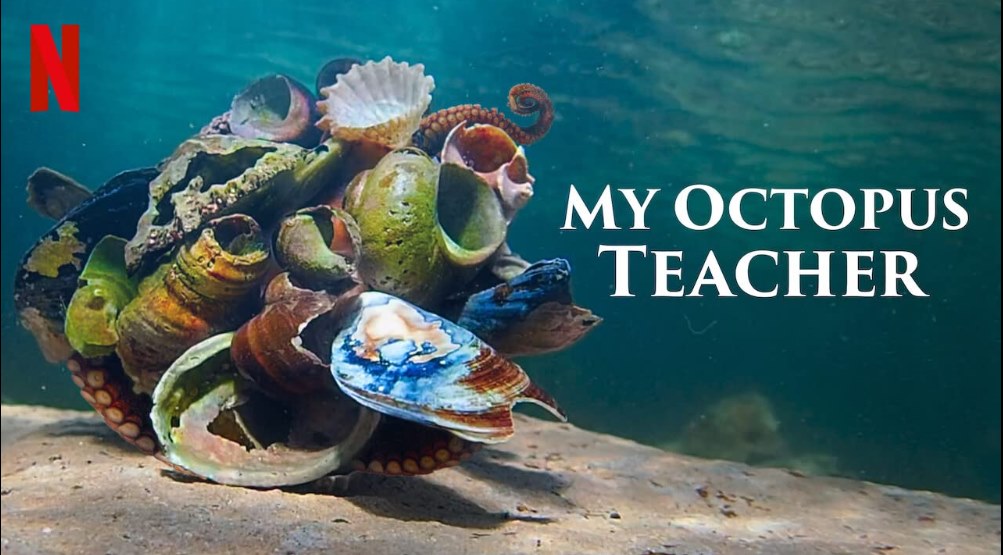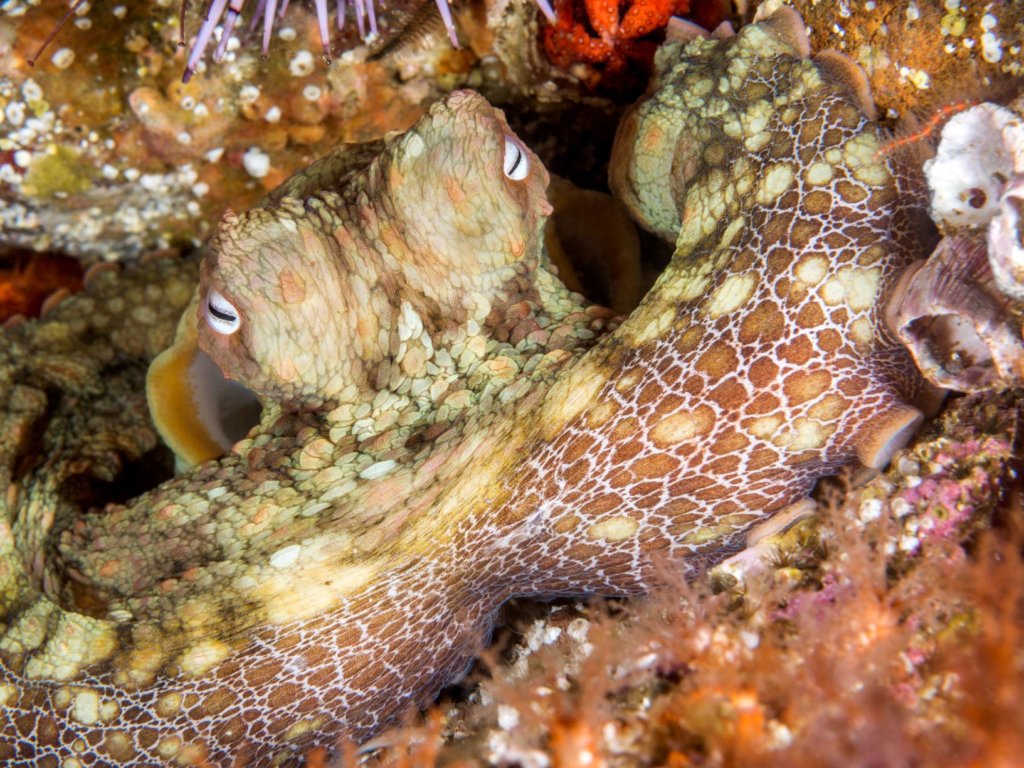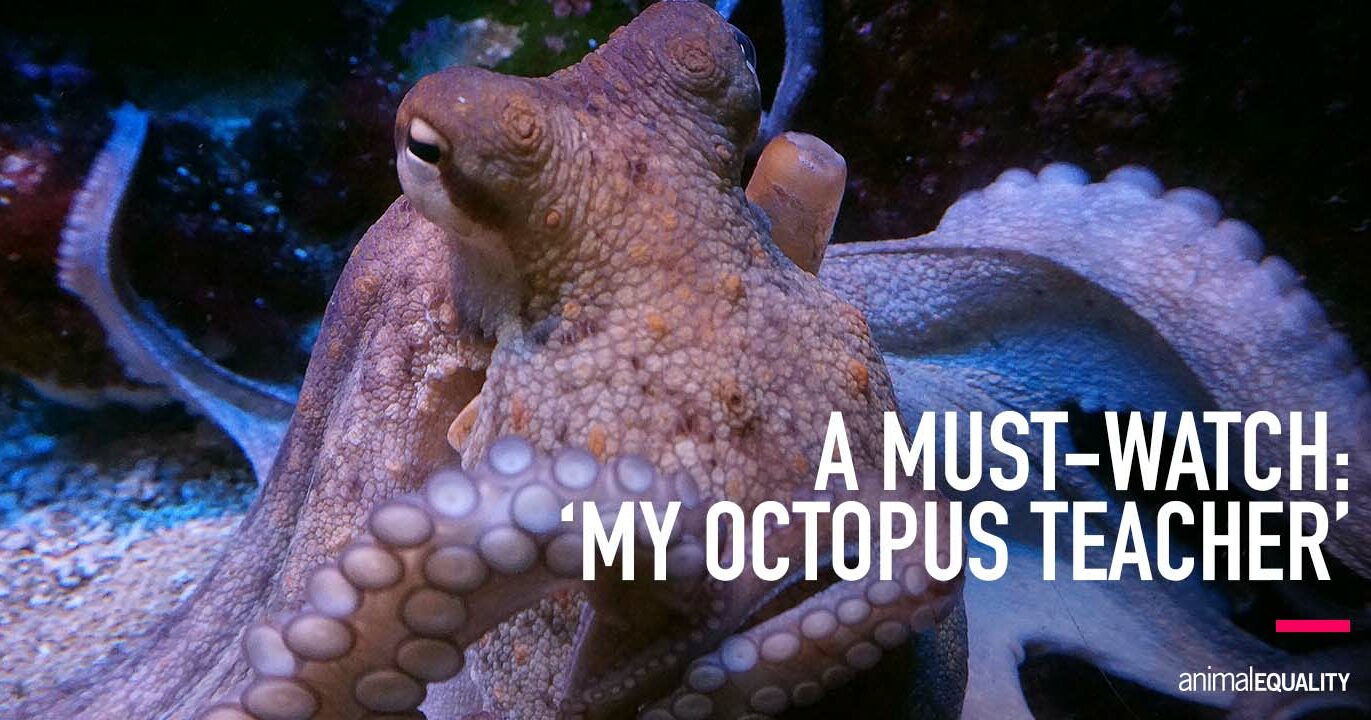

And sometimes, you know, if you're really feeling good and healthy, because a lot of other parameters have to be in place. But if you expose yourself over and over again to cold, the brown fat builds up. And if we don't expose ourselves to cold, what happens is this brown fat kind of withers and doesn't become useful. So it's born with brown fat, which are little pockets that act as thermoregulation devices, they heat the body when it's cold.

So every baby is born ready for the wild environment. So the cold, ironically, actually helps with that tracking.

So I do a lot of underwater tracking, and you need to have your mind really engaged. And also your, your mind somehow works better. So you feel much calmer, and you feel uplifted. There's a big shift in brain chemistry, an enormous amount of dopamine introduced to the brain, the cortisol levels drop radically. And what it does is it gives you this incredible lift. And I didn't want to wear the wetsuit, because I wanted to try and adapt my body to the cold and see how that affected me. And then about ten years ago, I just decided I want to try and dive every day for a decade. And whenever I had a difficult time, I used to go back into that, that cold water. So I had, you know, my first ten years of life doing that, and I had, I always in the back of my mind knew that this cold was something special. So I grew up diving from three years old, and we never had wetsuits in those days. But you swim without a wetsuit! Why do you do this? And you do offer an explanation in your book, so I want you to tell me about your ideas regarding brown fat.įOSTER: Yeah, so I mean, I grew up, you know, very close to the ocean, so close that the waves used to, you know, break parts of our house down. (Photo: Craig Foster and Ross Frylinck)ĬURWOOD: So you get into this forest by doing something that I think most of us would think is torture! The water is not exactly warm there even in December, I suspect it's probably not above what, 60 degrees Fahrenheit, maybe it's not even 50 degrees Fahrenheit yet. There are an enormous number of animals in the kelp, living on the kelp itself, on the holdfalts, in the leaves, and then a great biodiversity of animals living around the forest itself.Ĭraig dives nearly every day in the Great African Sea Forest without a wetsuit or oxygen tank. And it's this kind of magical dance of light. It's, it's one of the greatest sights on Earth, and the top is, you know, they're heavy leaves that come off the blades, so you get shafts of light coming through the holes in the leaves. So it feels like you're in a giant, swaying, underwater forest, especially if the water is clear. And the actual kelp itself grows to up to 15 meters, or 45 feet, in length. I started by asking him to describe where he dives in this underwater world just offshore.įOSTER: The Great African Sea Forest stretches from right up Namibia all along the West Coast of South Africa, and then turns around the point and goes a few hundred kilometers up the East Coast. Craig joined me from Cape Town for a recent Living on Earth Book Club event.
#My teacher the octopus movie#
The movie itself is compelling and this book is even more amazing, if that’s possible, as it tells the stories of the kelp forest with stunning photographs and gripping prose. With friend and diving partner Ross Frylinck, he wrote the 2021 book, Underwater Wild: My Octopus Teacher’s Extraordinary World. Diving virtually every day for years into the near shore waters of South Africa with just a mask, snorkel and flippers, Craig eventually became friends with an octopus and told the story in his 2020 academy award winning documentary, My Octopus Teacher.Ĭraig Foster’s daily practice of diving in the shallow waters of the Great African Sea Forest has yielded some fascinating insights into the lives of creatures living there.

But befriending and learning from creatures with gills and without back bones is an unusual pastime for humans, unless you are Craig Foster. We humans can relate easily to some marine species, especially whales, dolphins and seals, y’know, mammals who breathe air like we do. Oceans cover about 70 percent of our planet and hold 95 percent of our biosphere, that is places where life can thrive. CURWOOD: It’s Living on Earth, I’m Steve Curwood.


 0 kommentar(er)
0 kommentar(er)
